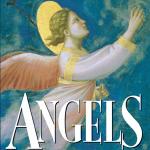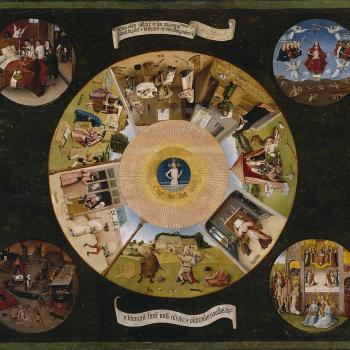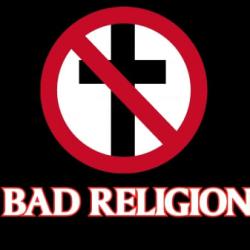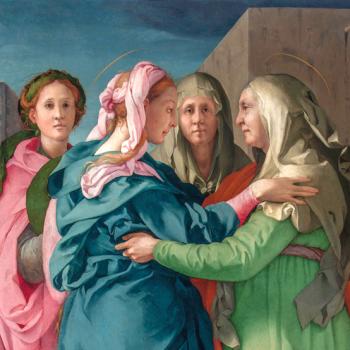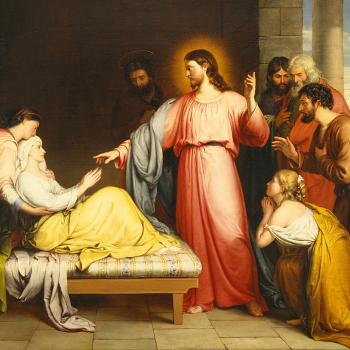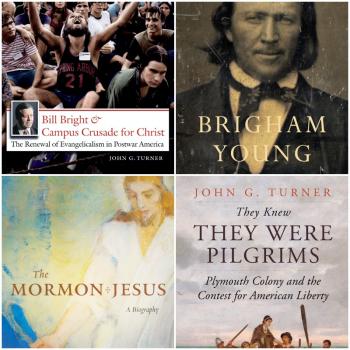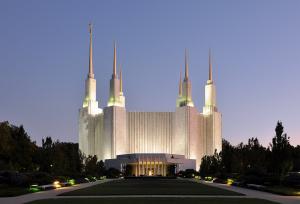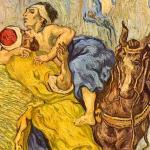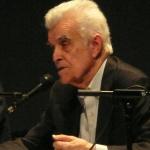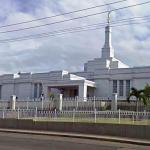Two months ago, Lincoln Mullen (my colleague at George Mason University) and I created pandemicreligion.org, a digital archive dedicated to collecting materials about American congregations during the COVID-19 pandemic.
This has been, to say the least, an unusual and challenging stretch of time for the vast majority of American religious communities. Nearly all congregations in the country suspended in-person services in March. While some have resumed services, in most instances worship and other congregational activities have not simply gone back to the way things were before the pandemic.
Religion has been in the news a great deal during the pandemic. A few congregations, here and abroad, hosted services that became, sadly, super spreader events. A relatively small number of churches actively defied government-mandated closures. More churches have taken or threatened legal action against state governments that have treated religious services differently than gatherings of other sorts. The mayor of New York City, who supported mass protests, defiantly insisted that most religious gatherings should remain verboten.
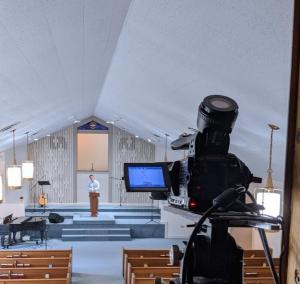
But those are the headlines, not the warp and woof of how most Americans have engaged in religious practices and reflection over the past several months. Most religious activity has been far more prosaic. Of course, such activity includes worship and Bible studies over Zoom, and the at-home, private partaking of the Lord’s Supper. There are images of emptiness, as when a minister preaches before an empty congregation, technology sending the message to congregants huddled in their own houses.
These may well be the first things that future scholars mention when discussing this moment. More broadly, scholars will mention Passover, Easter, and Eid celebrated at home.
In their contributions to Pandemic Religion, many individuals have written about this transition. “While listening to Easter music, eyes closed,” wrote one contributor from New York, “it was if I was in church seeing our congregation like every other Easter I celebrated for the last 55 years. Open my eyes, I was in my pajamas in my family room looking at Mass on my iphone. Unimaginable! Somehow my spirit was connected to a higher being and felt grateful for my faith.”
For nearly all religious traditions, the transition to online worship and meetings was wrenching. One contributor discussed how a 94-year-old great-grandmother could not attend Easter Sunday service for “the first time in her life. She attempted to navigate technology to allow her to watch the service online but was unable to get all the kinks worked out, even with us younger grandchildren helping.” But for some religious traditions, certain things simply cannot function online. My fellow Presbyterians and I can partake of the Lord’s Supper at home with elements we prepare, but that’s not an option for Catholics. “I literally could not receive Jesus,” wrote one Catholic contributor, “not being able to receive the sacraments has affected me deeply, I feel as if a part of myself is missing.” Such theological distinctions complicate any discussion of whether or not certain religious activities are essential. Some Catholic churches have responded with drive-through confession and drive-up Eucharist, which enable parishioners to receive the sacraments in new ways.
Somewhat similarly, the pandemic has affected Jewish communities in distinctive ways. In many respects, the responses of Reform congregations resemble those of their mainline Protestant counterparts. By contrast, for Orthodox Jews a whole of particular issues arose. Rabbinic councils have issued scores of statements offering guidance on how to best fulfill the requirements of halakhah during this particular time.
Communities of all traditions have struggled with to comfort the dying and the grieving amid a pandemic. At times, loved ones and clergy have been excluded from the bedsides of the dying, though hospital policies have become more accommodating recently. One of the most poignant contributions to our archive came from an individual who recounted the death of his fifty-year-old uncle from a sudden heart attack:
The shiva serves to bring together the Jewish community in mourning and in celebration of the life of the deceased. The Jewish people were never instructed on how to properly mourn during a worldwide
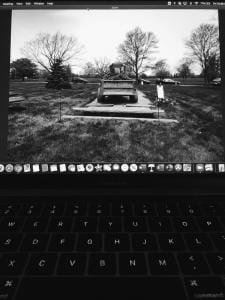
pandemic… Our extended family and friends gathered online to say the mourner’s kaddish, which does not mention death but rather asks God to pray for the souls of the deceased. Mimicking the environment of a shiva house, many people then shared stories of Mike, allowing for both cries and soft laughter to be heard. Mike’s memory joined family and friends from all across the nation, creating a sense of community and comfort that we all so deeply miss during this time of isolation.
What will future scholars say about American religion at this time? Surely they’ll document how congregations experimented with new ways of worship and ritual. Surely they’ll discuss the war-of-words between some evangelical leaders and Democratic governors. Undoubtedly, Mayor de Blasio’s naked disdain for Hasidic Jewish communities will receive mention.
Those judgments will take the few unruly trees for the forest. As far as I can discern, the vast majority of American congregations have responded in responsible ways and demonstrated a concern for public health. Many congregations, moreover, have continued on with their efforts to feed the hungry and to assist the needy.
Perhaps future scholars will also take this as a reminder that religion is not only, or even first and foremost, what transpires within churches and synagogues. It never has been. In seventeenth-century New England, for instance, the bulk of religious activity took place within the home. It simply wasn’t as well documented. That hasn’t changed over the past four hundred years.
Pandemic Religion continues to solicit contributions from congregations and individuals. Contributors can write narratives, but they can also contribute any media files: photographs, .mp4 digital sermons, and anything else. Please consider sharing this call for contributions with members of your community.


